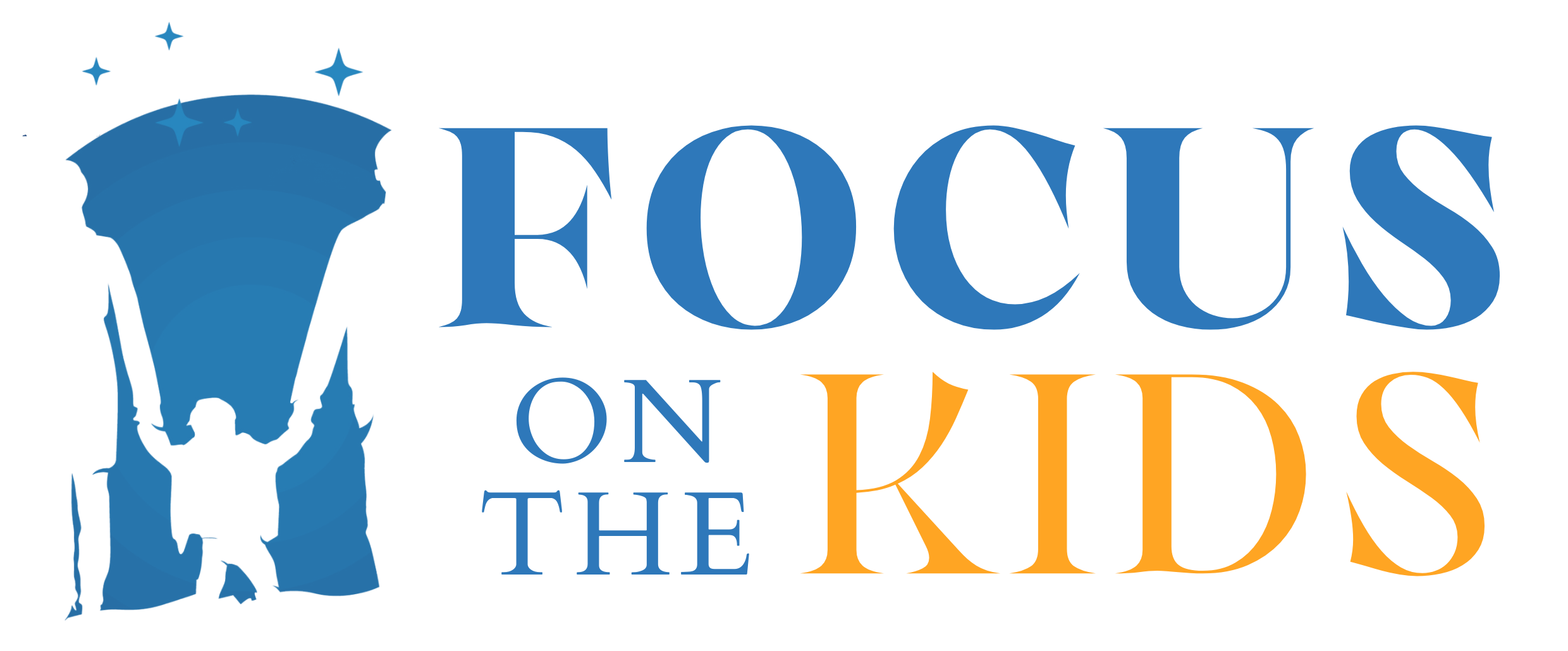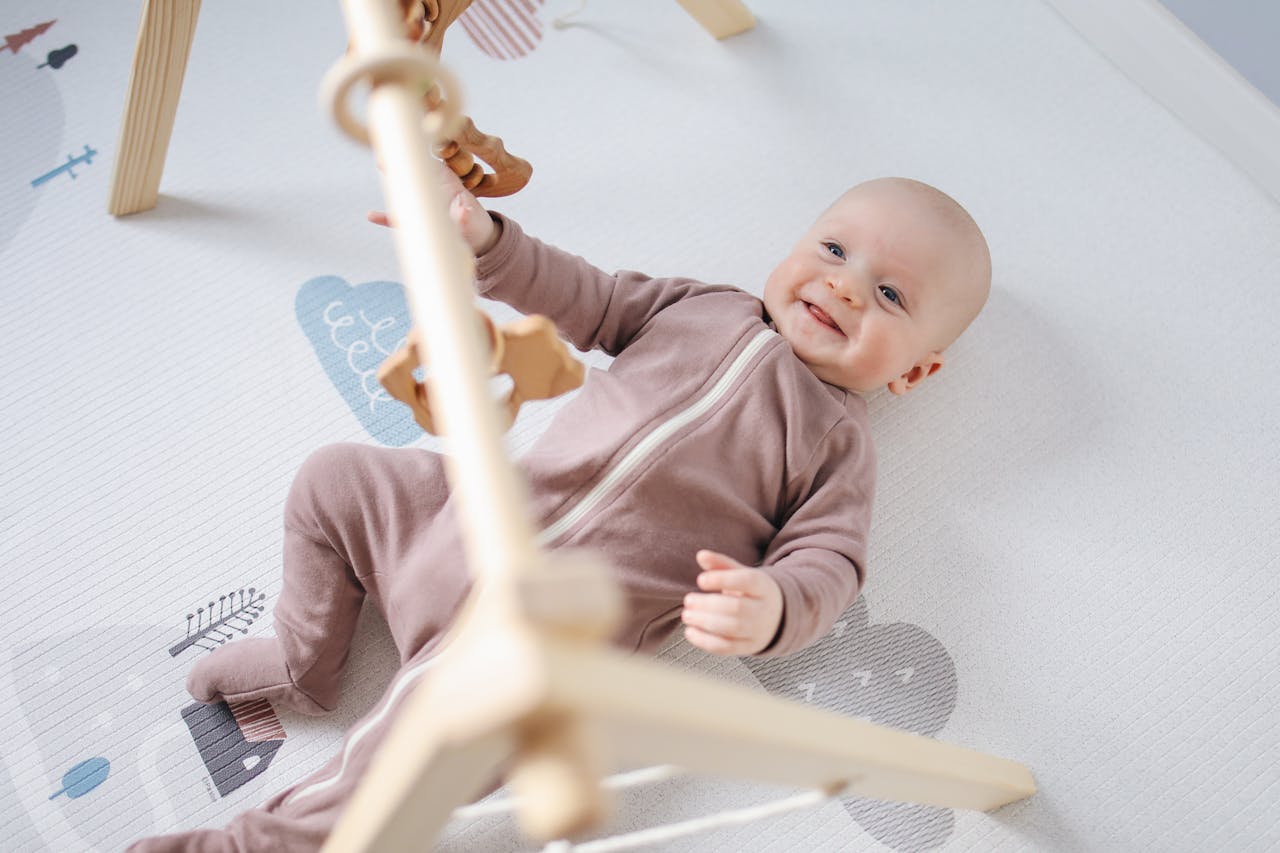Welcoming a baby into your life is one of the most beautiful, yet overwhelming, journeys you’ll ever experience. In the first few weeks, parents often wonder: “Am I doing enough? What exactly are the basic needs of a newborn?”
The truth is, your baby’s needs are both simple and profound. They don’t require fancy gadgets or the latest high-tech crib. Instead, they need consistent love, safety, nourishment, and care. In this guide, we’ll explore the basic needs of a newborn, why they matter, and how you can meet them in today’s world — with support from trusted resources.
Why It’s Important to Understand Newborn Needs
The first months of life are a period of rapid growth and development. According to the World Health Organization, the newborn period (the first 28 days) is the most vulnerable time in a child’s life. Meeting basic needs during this time reduces risks and sets a foundation for long-term health.
Not only that, but the first 1,000 days (from conception to age two) are considered by experts to be critical for brain development and lifelong wellbeing (UNICEF). That’s why understanding and responding to your baby’s needs isn’t just important — it’s life-shaping.
The 7 Basic Needs of a Newborn
Let’s break down the seven essential needs every newborn has, with practical tips and expert-backed insights for 2025.
1. Nourishment: Feeding and Hydration
Newborns grow at lightning speed, doubling their birth weight within the first 4–5 months. To support this, feeding is the most obvious of the basic needs of a newborn.
- Breastfeeding: The American Academy of Pediatrics (AAP) recommends exclusive breastfeeding for about the first 6 months. Breast milk provides ideal nutrition, antibodies, and a unique emotional connection.
- Formula feeding: If breastfeeding isn’t possible, modern formulas are highly regulated by the U.S. FDA and designed to mimic breast milk as closely as possible, with added nutrients like DHA and probiotics.
- Feeding frequency: Most newborns feed every 2–3 hours, including overnight. That’s about 8–12 feedings in 24 hours.
👉 Pro tip: Pay attention to hunger cues (rooting, sucking motions, fussiness) instead of waiting for tears — crying is a late sign of hunger.
2. Sleep and Rest
Sleep is another core part of the basic needs of a newborn. Babies spend about 14–17 hours a day asleep, but in short cycles of 2–4 hours at a time.
The AAP Safe Sleep Guidelines recommend:
- Always place your baby on their back for naps and nighttime.
- Use a firm, flat mattress in a safety-approved crib or bassinet.
- Avoid pillows, blankets, bumpers, or stuffed animals in the crib.
- Share a room (but not a bed) for at least the first 6 months.
👉 Pro tip: White noise, blackout curtains, and a consistent bedtime routine help signal rest time.
3. Warmth and Comfort
Because newborns can’t regulate temperature well, warmth is essential.
- Keep the nursery at 68–72°F (20–22°C).
- Dress your baby in one more layer than you’re wearing.
- Swaddle newborns who enjoy it, but stop once they show signs of rolling over.
Skin-to-skin contact not only keeps babies warm but also regulates heart rate and breathing, according to March of Dimes.
👉 Pro tip: A baby’s hands and feet often feel cool — check the chest or back of the neck instead to gauge comfort.
4. Hygiene and Health Care
Keeping your baby clean and healthy is part of the everyday routine.
- Diapering: Expect 8–12 wet diapers per day. This is also a good sign that your baby is getting enough milk.
- Bathing: Sponge baths are fine until the umbilical cord falls off. After that, 2–3 baths a week is enough.
- Checkups & vaccines: Follow the CDC’s immunization schedule for newborns.
👉 Pro tip: Use fragrance-free, gentle products to avoid skin irritation or eczema flare-ups.
5. Safety and Protection
Keeping your baby safe means more than baby-proofing. It includes transportation, environment, and even digital safety in 2025.
- Car seat safety: Always use a rear-facing car seat — check guidance at NHTSA.
- Safe home environment: Remove cords, choking hazards, and heavy objects near the crib.
- Digital safety: Wi-Fi baby monitors are common, but secure them with strong passwords to prevent hacking risks.
👉 Pro tip: Register your baby products to get notified about recalls.
6. Love, Bonding, and Emotional Security
Newborns don’t just need milk and diapers. They need consistent emotional connection.
- Respond to cries quickly. Research from Harvard’s Center on the Developing Child shows that responsive caregiving (“serve and return”) builds secure attachment and brain development.
- Cuddle often. Skin-to-skin contact releases oxytocin (the “love hormone”).
- Talk, sing, and read. Even before they understand words, babies absorb rhythm, tone, and comfort from your voice.
👉 Pro tip: There’s no such thing as “spoiling” a newborn with love.
7. Stimulation and Early Learning
Though tiny, babies are active learners from day one. Early stimulation supports healthy brain development.
- Visual stimulation: High-contrast toys and books help newborns focus.
- Tummy time: Just a few minutes a day strengthens muscles for future crawling.
- Reading aloud: The American Academy of Pediatrics recommends reading daily to promote language and bonding.
👉 Pro tip: Keep stimulation short and sweet. Overstimulation can make babies fussy.
Common Questions Parents Ask
Q: How often should a newborn feed?
Usually every 2–3 hours. Watch for cues, not just the clock.
Q: Can I spoil my baby by holding them too much?
No — responding builds trust and emotional health.
Q: How do I know if my baby is getting enough milk?
Wet diapers, steady weight gain, and content after feeds are signs.
Q: What vaccines does my newborn need first?
The first doses often include Hepatitis B and others depending on schedule (CDC).
Parenting in 2025: What’s New?
Raising a baby today is different than even five years ago:
- Telehealth visits make pediatric support easier, especially in rural areas.
- Smart baby monitors can track breathing or sleep, though they’re not medical devices.
- Online communities give new parents instant support, but choose trusted sources.
Still, no app or gadget replaces a parent’s love, presence, and instincts.
Final Thoughts
So, what are the basic needs of a newborn? They can be summed up in seven essentials: feeding, sleep, warmth, hygiene, safety, love, and gentle stimulation.
Meeting these needs consistently sets your baby on a path to thrive physically, emotionally, and cognitively. It doesn’t require perfection or expensive gear — just presence, patience, and love.
Remember: you are enough for your baby. Trust your instincts, lean on your community, and celebrate small wins along the way.
















